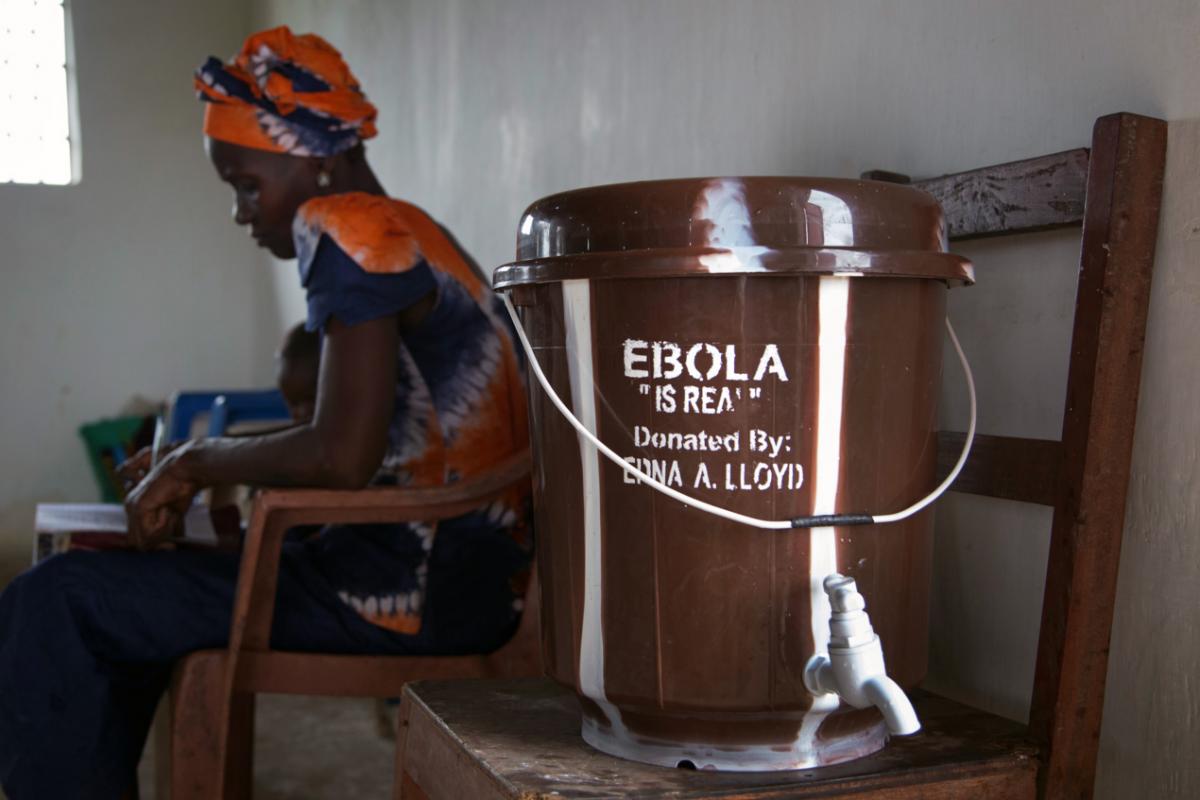You are here
Wed, 2015-01-14 22:14 — Kathy Gilbeaux
 worldbank.org
worldbank.org
Latest Key findings
- nearly half of those working at the start of the Ebola crisis are no longer working, despite improvements in the health situation
- Women are particularly vulnerable as the labor market stagnates, with 60 percent of those working at the start of the crisis no longer working
- Farmers cite difficulty in organizing work teams given Ebola fears, reducing harvests.
Background
In an effort to measure the economic impact of Ebola on Liberian households, the World Bank, with the Liberian Institute of Statistics and Geo-Information Services and the Gallup Organization, has conducted three rounds of mobile-phone surveys, in October, November, and December 2014.
As of January 4, 2015 Liberia has reported over 8,000 cases of Ebola Virus Disease (EVD), and nearly 3,500 deaths. In recent weeks, however, the crisis has shown signs of being brought under control, with daily confirmed cases down from twenty-five in November 2014 to ten in early December 2014. In addition, a number of health and travel restrictions have been lifted, and most closed markets reopened.
Problem, Solution, SitRep, or ?:
Groups this Group Post belongs to:



Comments
Ebola’s Hidden Costs
The number of people who die from the disease could be only a fraction of the number who go hungry from it.
THE ATLANTIC by Lisa Hamilton Jan. 14, 2015
...Ebola poses an almost impossible quandary in Sierra Leone, where the outbreak has taken the greatest human toll. Prevention of the disease requires people to distance themselves from one another. But agriculture, the country’s lifeblood, relies on people coming together. If the quintessential image of American farming is a lone figure riding a tractor or a combine, the picture in Sierra Leone is instead dozens of men and women using machetes, shovels, and their bare hands. As they touch, talk, and sweat their way across a field, the work they do is inherently connective....
Read complete article.
http://www.theatlantic.com/international/archive/2015/01/ebola-sierra-leone-hunger-farming/384515/?utm_source=January+15+2015+EN&utm_campaign=1%2F15%2F2015&utm_medium=email